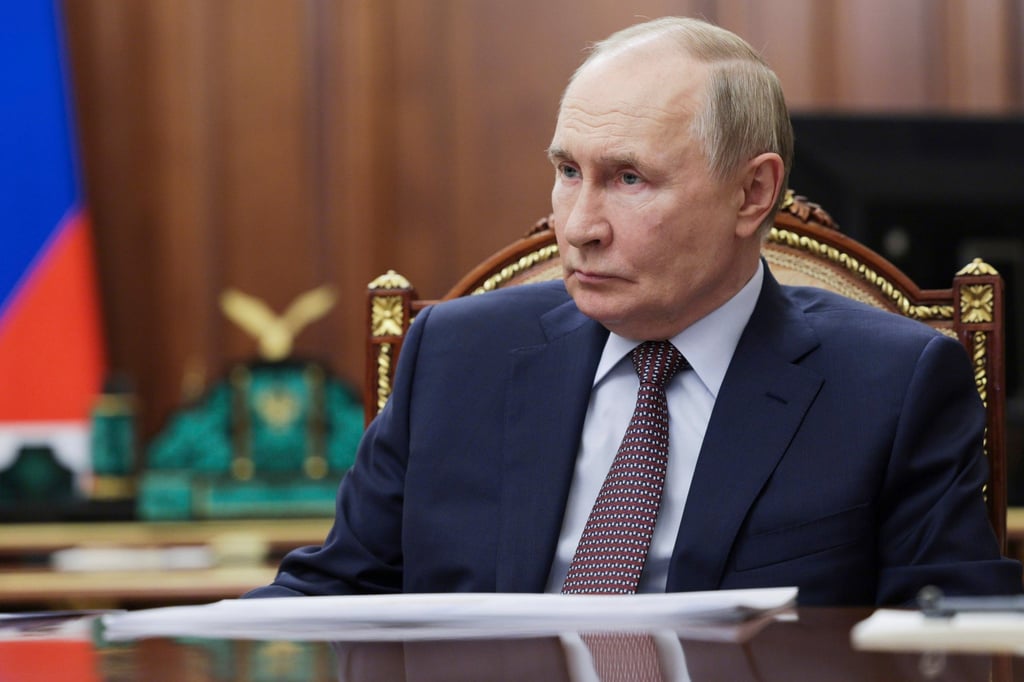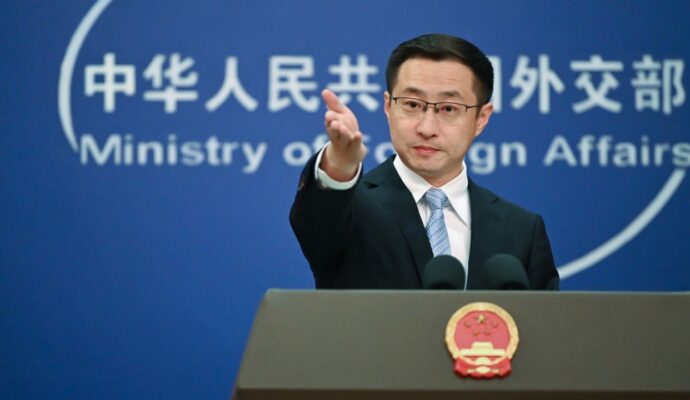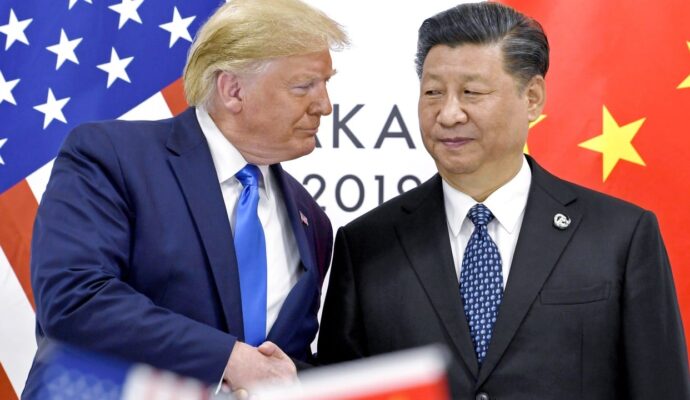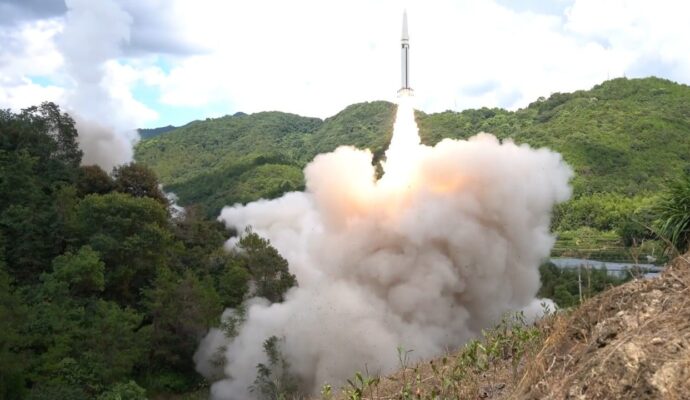For almost a year, European Union officials have been dangling the carrot of joint work on China policy in front of US President Donald Trump in an effort to keep him engaged in supporting Ukraine.
Advertisement
For months, their overtures were ignored. Now that the US leader has tuned in – but only on the condition of maximum tariffs – Europe finds itself in a bind.
On Wednesday evening, ambassadors from the EU’s 27 member states were briefed by the bloc’s sanctions envoy, David O’Sullivan, on his trip to Washington this week, according to three diplomatic sources.
The veteran diplomat confirmed that Trump had asked the EU to impose a 100 per cent tariff on China and India to halt their purchases of Russian energy. He added that Washington would match the move but only in tandem with Europe.
The development, first reported by the Financial Times, comes amid early discussions about jointly imposing “secondary sanctions” on companies from China and other third countries for buying Russian oil and gas.

While EU sources said they were pleased Trump appears to finally be taking an interest in punishing Russian President Vladimir Putin for his ongoing bombardment of Ukraine, doubts are quickly emerging as to whether the bloc can follow through.


